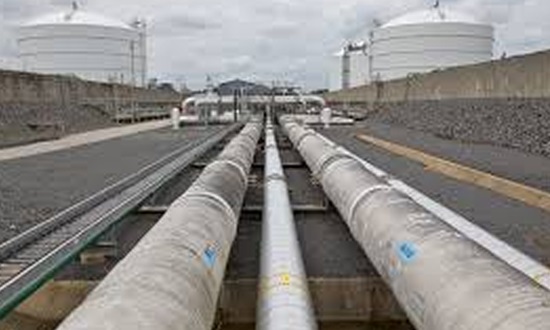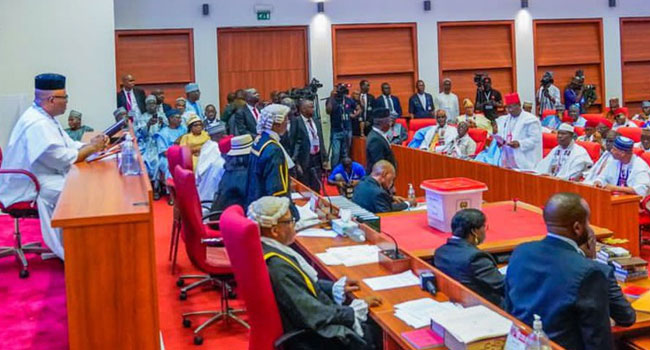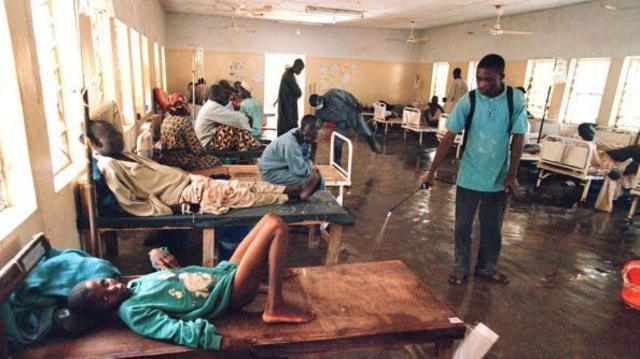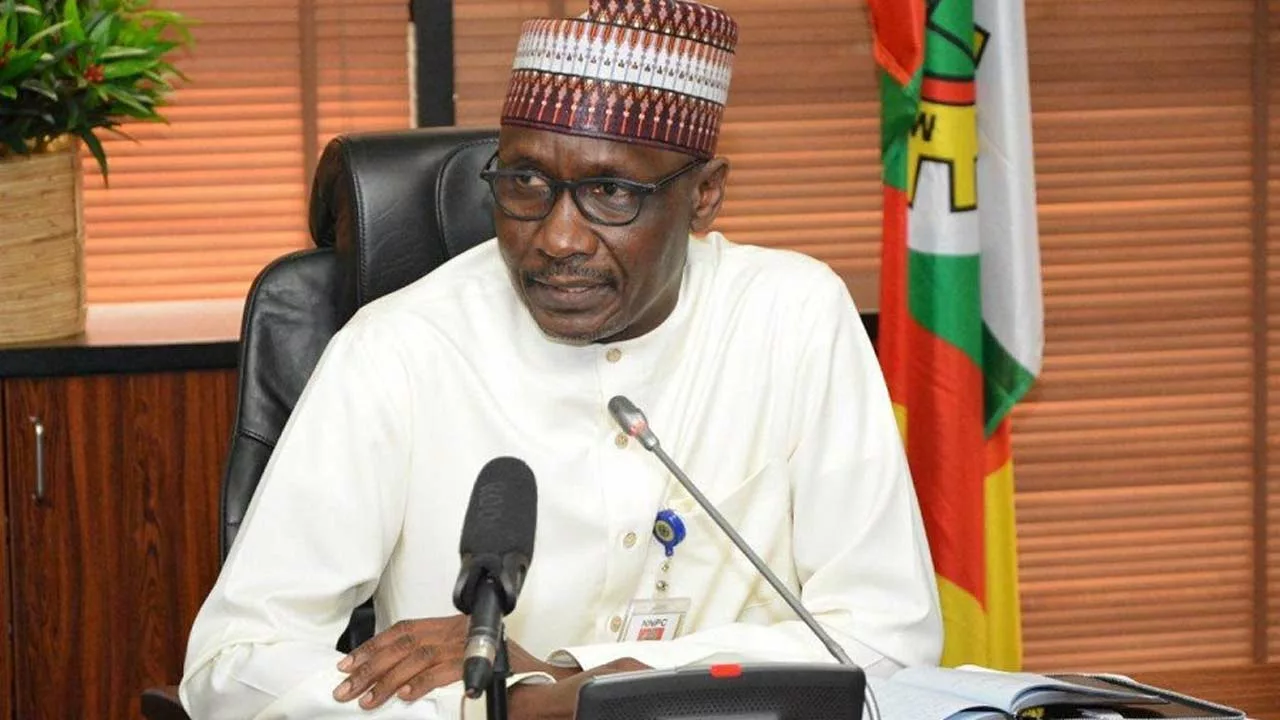Dr Maikanti Baru Group Managing Director, Nigerian National Petroleum Corporation (NNPC) says it has revamped about 500 kilometres of pipelines between 2010 and 2018 to boost gas supply to critical sectors of the economy.
Baru disclosed this while speaking at the 2018 Oloibiri Lecture Series and Energy Forum (OLEF) , organised by the Society of Petroleum Engineers (SPE), on Thursday in Abuja.
Baru was represented by the Chief Operating Officer, Upstream of the NNPC, Mr. Bello Rabiu.
He said that the pipelines had been commissioned and presently delivering gas.
He said, “We have embarked on one of the most aggressive gas reforms and implementation.
“Accelerated implementation of gas pipeline infrastructure development, with specific focus on critical pipeline infrastructure to power plants is being put in place.”
He listed some of the completed pipelines to include the 196 kilometers, KM, Oben-Geregu pipeline; 110km Escravos-Warri-Oben pipeline; 50km Emuren-Itoki pipeline; 31km Itoki-Olorunshogo pipeline; 24km Imo River-Alaoji pipeline and 128km Ukanafun-Calabar.
Baru noted that all available power plants in the country today were connected to permanent gas supply pipelines.
“ In addition, there is ongoing construction of the very strategic East-West OB3 pipeline, which is 127km, scheduled for completion by third quarter 2018, the expansion of the Escravos-Lagos Gas Pipeline System scheduled for completion by first quarter 2018.
“Most recently, the Federal Executive Council approved the contract award of the 40-inch by 614Km Ajaokuta-Kaduna-Kano pipeline and associated facilities.
“This pipeline is expected to supply natural gas to power plants and industries in the northern part of the country.” He said
The GMD claimed that once completed, the nationwide backbone gas infrastructure would be in place.
He added that with the effort in infrastructure development, the NNPC would have expanded supply capacity and establishing an integrated gas pipeline infrastructure grid across the entire country.
“With the growth in infrastructure, gas which was hitherto inaccessible and flared is now being utilized.
“Nigeria has seen the most aggressive drop in gas flaring from a peak of 2,500mmcf/d few years ago to about 700mmcf/d currently and reducing, and in the next few years we would have stopped routine flaring.
“That is, zero flares from all the gas producers, Baru explained.
He further lamented that oil and gas firms operating in the country were currently flaring 700 million standard cubic feet of gas daily, capable of generating an equivalent of 5,000 megawatts of electricity per day.
He added that as at today, all the thermal power plants in the country were connected to permanent gas supply pipelines.
He however, noted that the volume of gas flared by oil and gas companies had dropped from 2.5 billion standard cubic feet, SCF, per day to the current level of 700 million SCF per day.
Baru noted that in spite the fact that the country was blessed with abundance of renewables which were yet to be fully harnessed into the country’s energy mix.
He listed the renewable as wind, solar, hydropower and geothermal as well as biomass and waste energy.
To this end, Baru said the NNPC had adopted a strategy that is focused on diversification from oil using its enormous gas resources for in-country industrialization, such as gas to power, gas to urea, methanol, and fertilizers among others.
He said, “This has the potential to accelerate growth of our economy and mitigate the impacts of future oil price drops.
“ In terms of Renewable Energy, we see the potential to increase the energy capacity and availability with the abundance.
“Currently, we have a large hydropower potential of 11,250MW, 11 million hectares of forest and woodland, 30 million tonnes per year of municipal waste, 3.5 to 7.0 kW h/m2/day of Solar radiation; wind speeds from a low 1.4 to 3.0m/s in the Southern areas, except for coastal line and 4.0 to 5.1m/s in the North.
“With all these resources, the country is still lags behind in the renewable energy development and usage possibly due to high costs of developing them when compared to fossil-based fuels.”
Also speaking, Chairman, SPE Nigeria Council, Mr. Chikezie Nwosu, called on the Federal Government to rethink its policy to accommodate renewable energy, adding that the country should be ready for a future without crude oil.
He noted that the SPE would work with other stakeholders in the energy industry to ensure that the initiatives introduced by the current administration are sustained beyond the administration.
NAN





















